Don’t Buy Sanofi Products Until It Bans Near-Drowning of Small Animals
Pharmaceutical giant Sanofi has put mice and rats in water-filled beakers and forced them to swim for their lives.
Update (April 25, 2024): Sanofi has a new shareholder: PETA bought stock in the company so that we can take the case for ending its use of the forced swim test straight to its boardroom. The company tormented more than 1,500 mice and rats in this test between 1993 and 2019, failing to produce a single usable antidepressant. Shareholders deserve to know that their company refuses to ban a debunked experiment that forces tiny animals to fear they’ll drown. We’ve submitted a shareholder question asking when the public can expect the drugmaker to renounce this test as scores of other major drug companies—which apparently know more about good science than Sanofi does—already have.
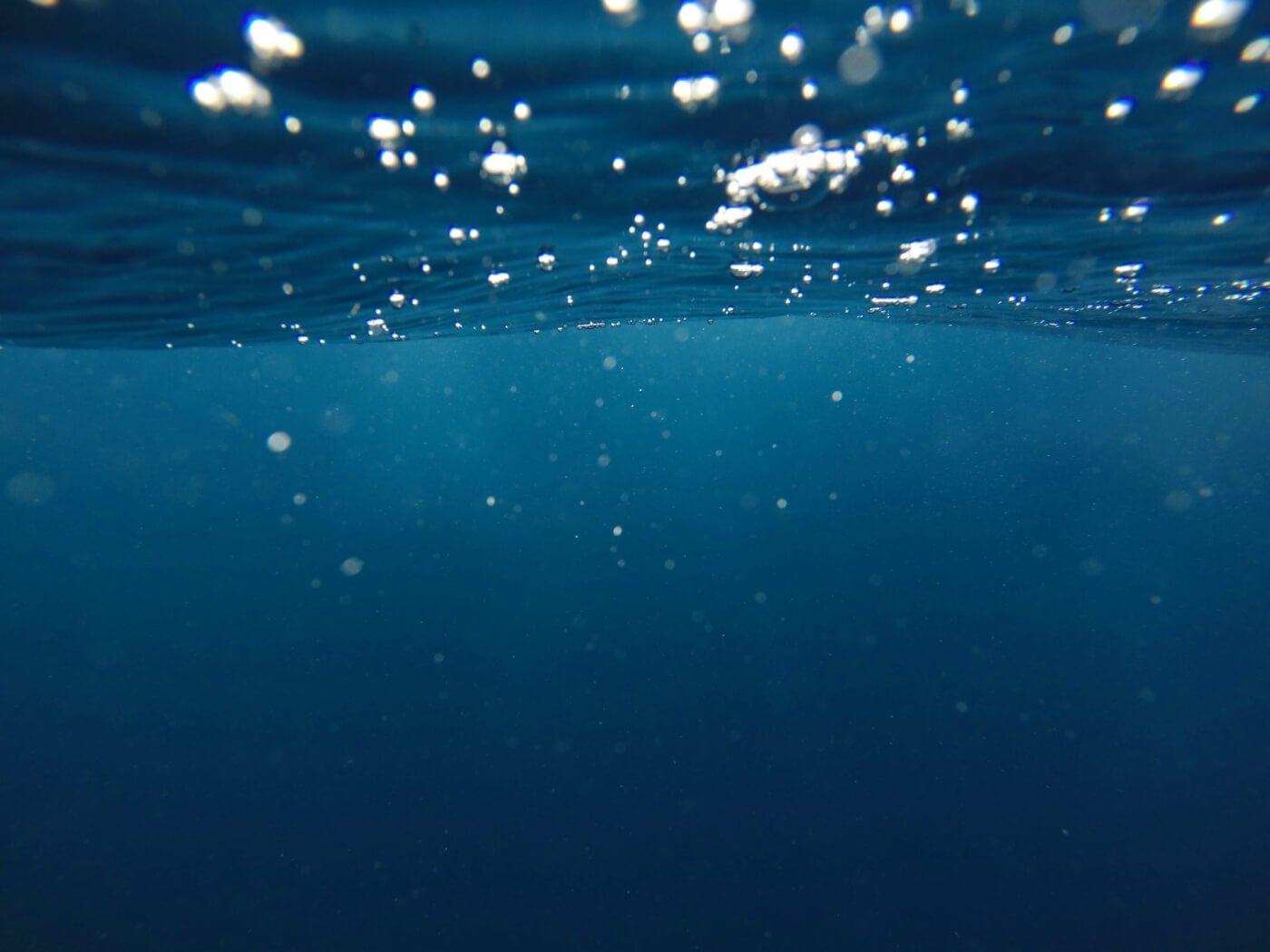
After you read this, you’ll leave IcyHot, Selsun blue, Gold Bond, Allegra, Nasacort, Aspercreme, and other over-the-counter Sanofi products off your shopping list.
The forced swim test is a widely used experiment that’s as cruel as it is worthless. In this test, experimenters put mice, rats, guinea pigs, hamsters, or gerbils in inescapable containers filled with water. The panicked animals try to escape by attempting to climb up the sides of the beakers or even dive underwater in search of an exit. They paddle furiously, desperately trying to keep their heads above water.
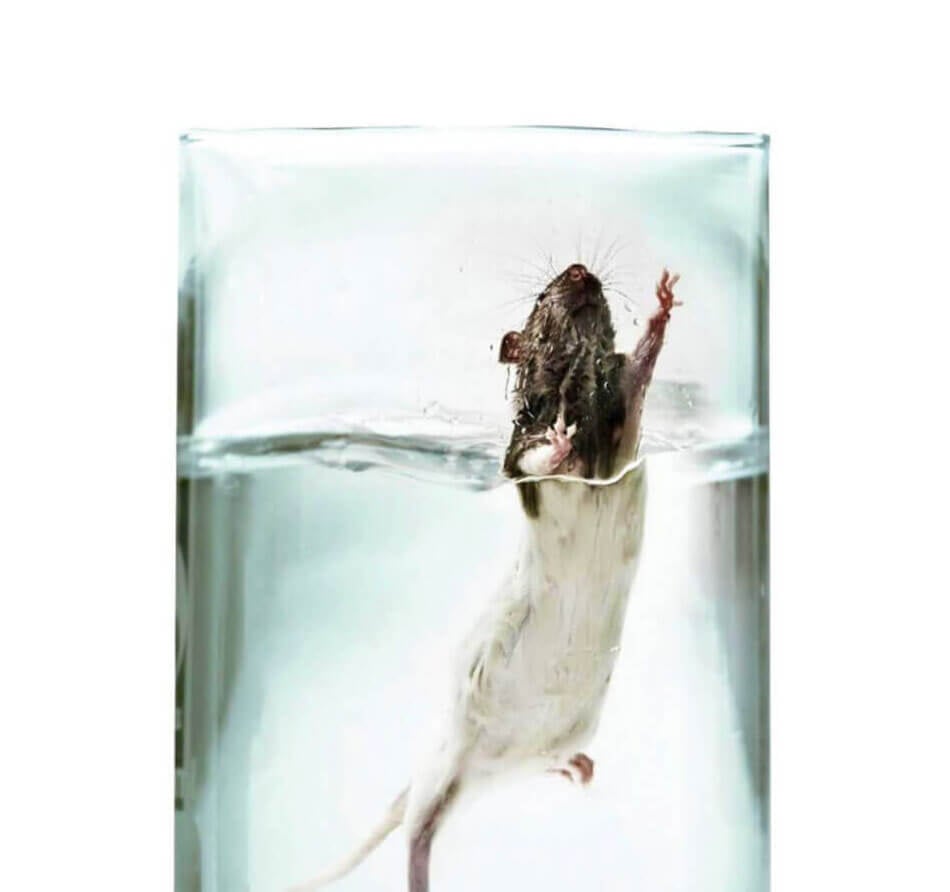
Listen to The PETA Podcast to hear more about the useless and cruel forced swim test.
Some form of this test has been carried out since at least the 1950s, when notorious Johns Hopkins University experimenter Curt Richter forced rats to swim in cylinders of water until they drowned. It was popularized in 1977 by an experimenter named Roger Porsolt, who called it the “behavioral despair test.” He found that rats who’d been given human antidepressant drugs would struggle and swim for longer than other rats and concluded that those who struggled less were in a state of “despair.” But the test has been heavily criticized by other scientists who argue that ceasing to struggle is not a sign of despair but rather a positive sign of learning, conserving energy, and adapting to a new environment.
More than 40 years later, animals in university and pharmaceutical laboratories are being dosed with drugs and then dropped into cylinders of water so that experimenters can measure how long they struggle.
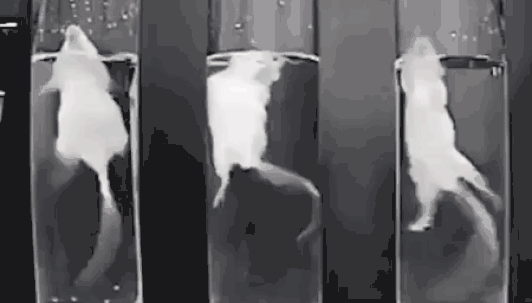
Between 1995 and 2019, Sanofi employees (including those at Genzyme, a subsidiary of the company) published at least 17 papers that describe the use of the forced swim test in experiments involving at least 803 mice and 706 rats. Sanofi and Genzyme employees attempted to ascertain whether certain compounds or genetic manipulations affected an animal’s level of depression. But the applicability of animals’ behavior during the forced swim test to their mood, to depression in humans, or to the utility of a compound for treating human depression has been substantially refuted.
At least 15 exploratory compounds have been used in forced swim tests conducted by Sanofi. None of these compounds is currently approved to treat human depression. The data suggest that in Sanofi’s studies, the forced swim test hasn’t been useful in generating marketable human antidepressant compounds.
The test is not required to develop new drugs and has even been discouraged by regulatory scientists.
The forced swim test doesn’t accurately predict whether a drug will work as a human antidepressant. It yields positive results for compounds that aren’t prescribed as human antidepressants, such as caffeine, and negative results for compounds that are. Importantly, antidepressant compounds that could work in humans may be mistakenly abandoned based on the test. Even Prozac, Eli Lilly’s bestselling drug, hasn’t yielded consistent results in forced swim tests.
Sanofi’s recent factsheet on “Animal Protection” outlined the company’s goal of reducing the use of animals by 50% by 2030 and its intention to “challenge and waive obsolete animal tests,” which would be a step in the right direction. An agreement not to conduct, fund, or commission forced swim tests on animals would align with these stated values.
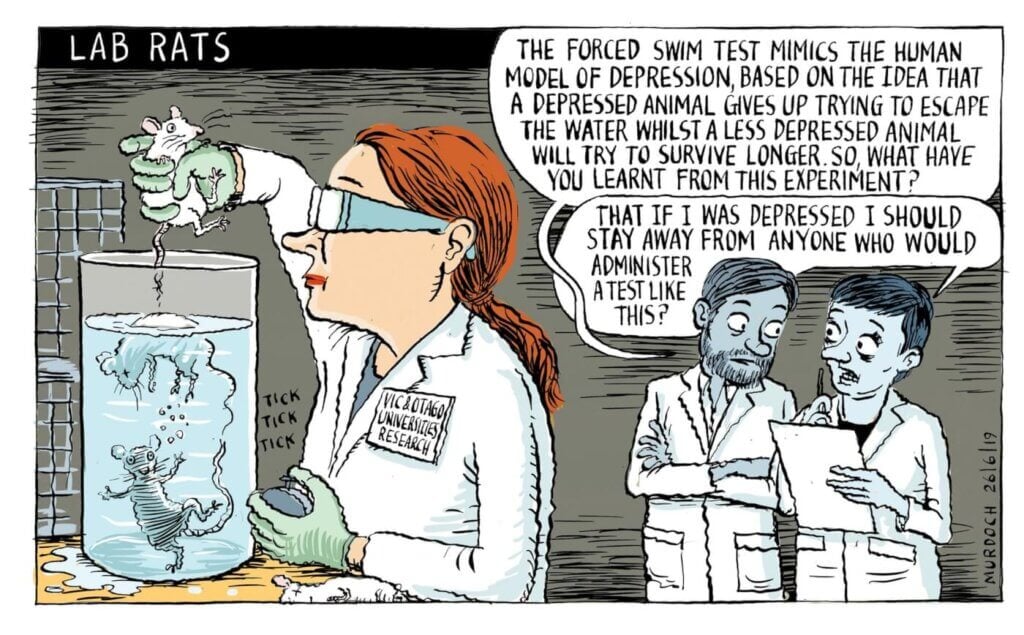 Published by The Dominion Post
Published by The Dominion PostThe forced swim test is bad science. These experiments do nothing more than terrify animals and delay development of effective new treatments that are desperately needed.
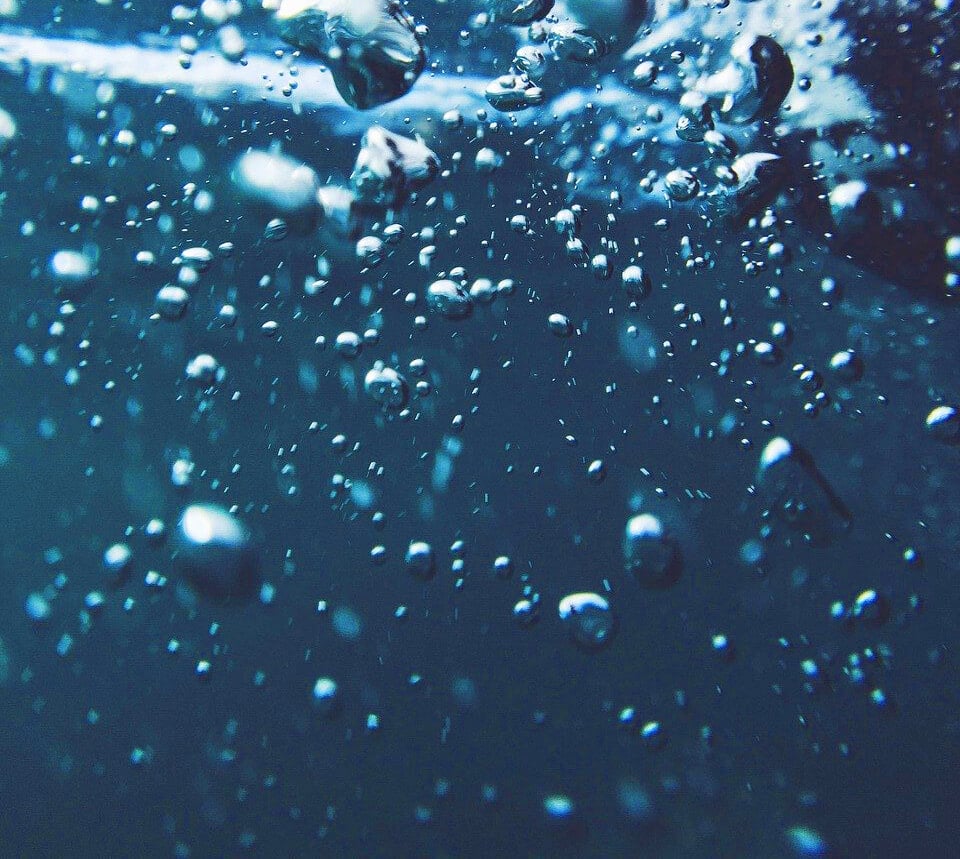
Take Action
Not only do rats express empathy when another rat or a human is in distress, they also exhibit altruism, putting themselves in harm’s way rather than allowing another animal to suffer. These sentient beings feel as much anguish as we would when they’re thrown into water-filled, inescapable containers. There’s no moral or scientific justification for it.
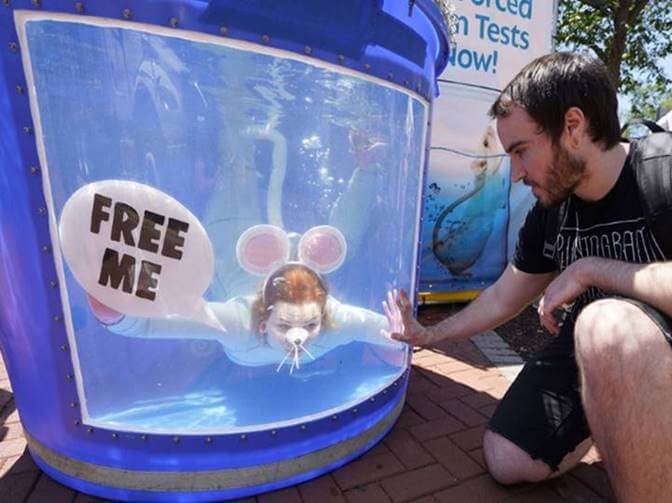
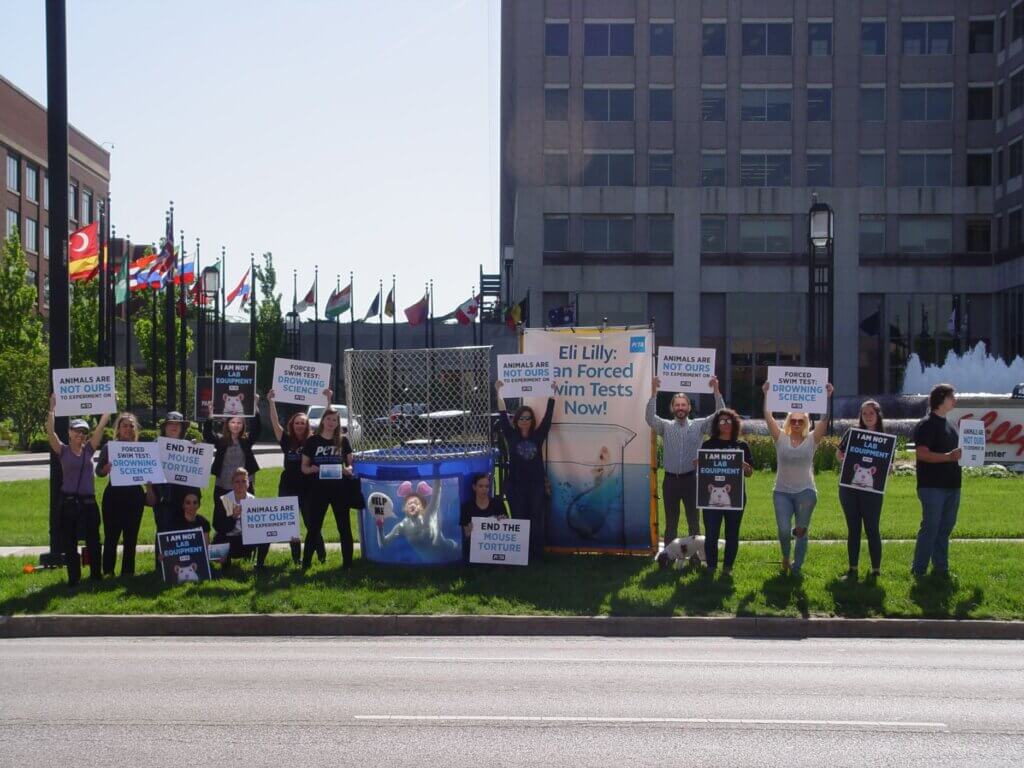
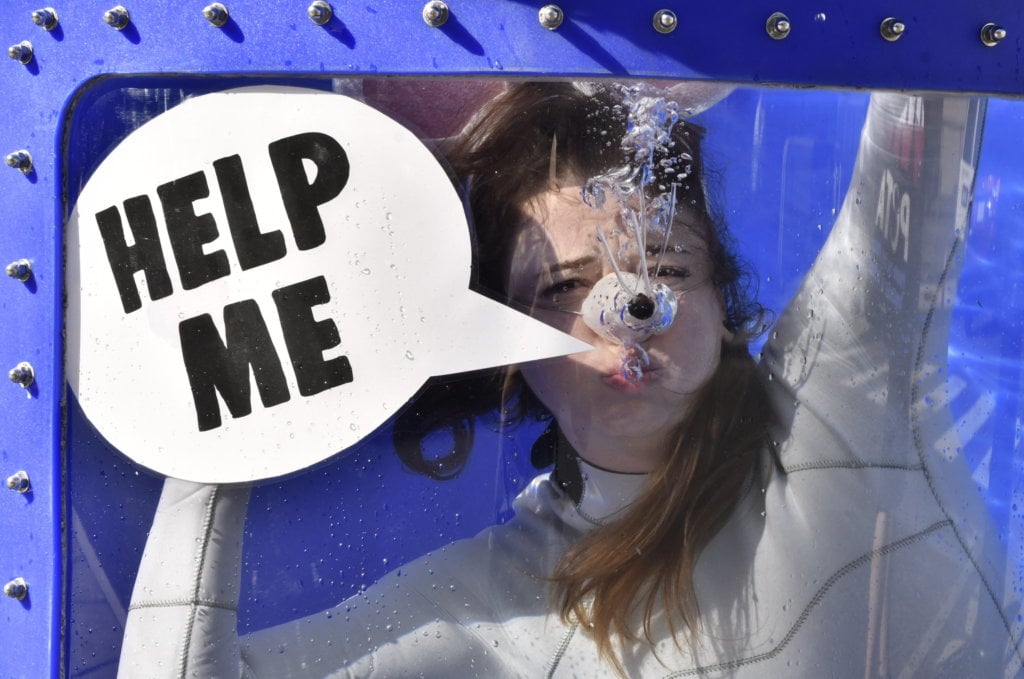
After discussions with PETA, Johnson & Johnson, Bayer, GlaxoSmithKline, AbbVie Inc., Roche, AstraZeneca, Novo Nordisk A/S, Boehringer Ingelheim, Pfizer, and Bristol Myers Squibb announced that they would no longer conduct or fund this cruel test!